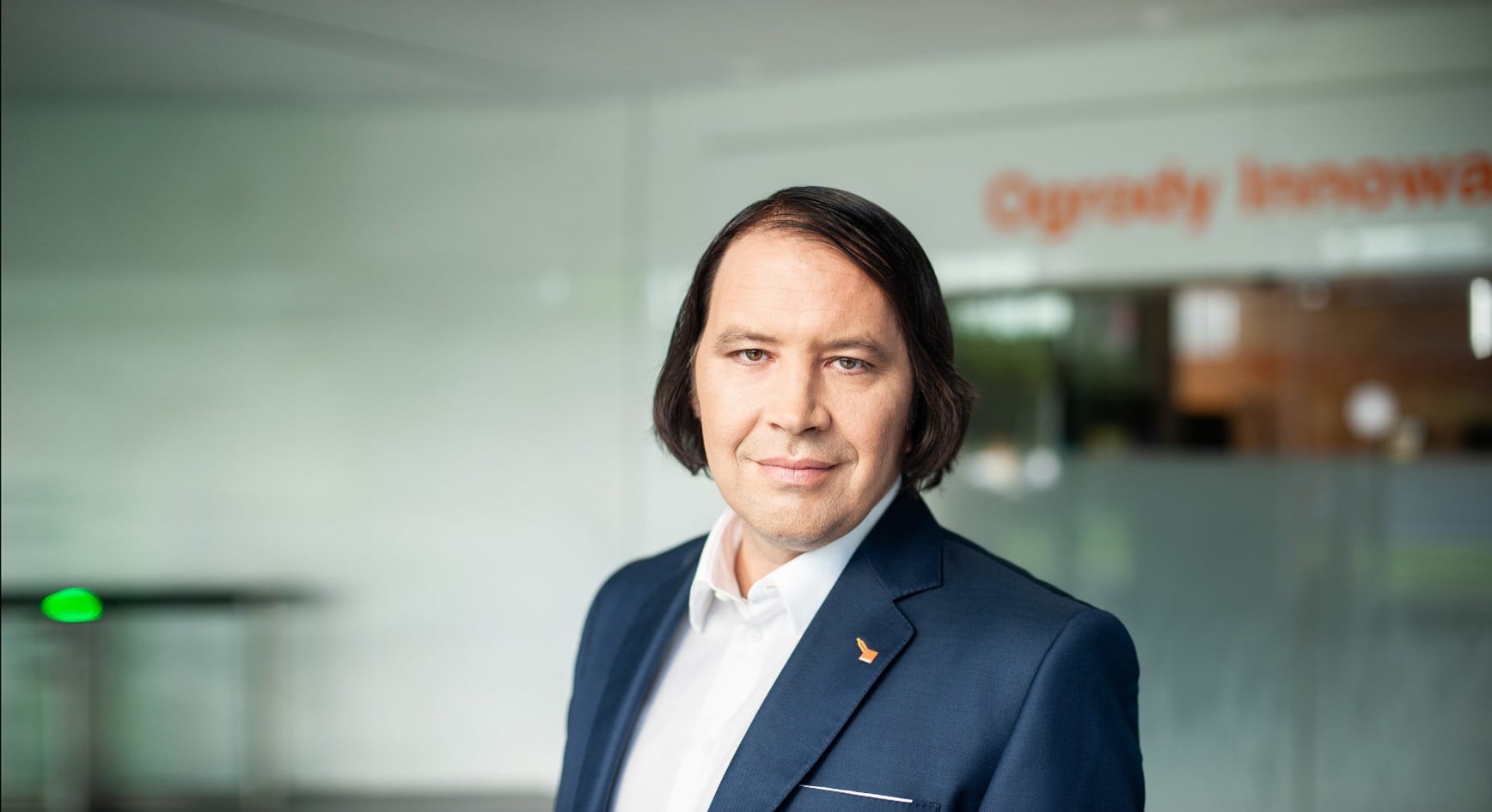
Q&A with Julien Ducarroz, CEO and President of the Management Board
Q: In your opinion, what are the key success factors for the .Grow strategy?
The previous .One strategy was a breakthrough for Orange Polska. We reversed multiyear negative trends, we proved that declines in sales and profits are not fatal and that we can grow. Our business is on the right track: we have products that are demanded by our customers, we have the right assets to support them and we are much more efficient. That is why the .Grow strategy is an evolution. This means that the main pillars of our strategy do not change. But this does not mean that this strategy is less ambitious. Maintaining good growth trends could prove equally challenging. This is the first ‘growth’ strategy at this Company in around 15 years.
Q: Let me mention some of the key components to succeed in our .Grow plan.
First, and foremost our people. Rightly skilled people will determine our success in all pillars of our strategy. We can have the state-of-the-art systems and a top quality network, but if there is no team to make it work and market it to our customers we will fail. This is why cultural transformation and investments in reskilling are so essential from my point of view. Technologies change very fast and our people’s skillsets need to follow suit. By 2024, we want to equip 70% of our employees with data skills. Secondly, we must have a good understanding of the needs of our customers, which are changing faster than ever. I mean here both consumers and businesses. The COVID-19 pandemic has accelerated digitisation and blurred the boundaries between work, home and on-the-go; some habits were changed permanently. This creates a lot of opportunities for the telco industry, but also challenges. We have to keep up with changing customer needs or even anticipate them using new technologies.

This is very important because we are still managing the decline of our legacy business and also because some of the services that are currently growing will gradually saturate.
So in the .Grow strategy we will place selective bets on new and emerging trends and technologies, knowing that not all will pay off. They will not be key to our financial performance until 2024, but their development will be critical for us in the next strategic cycles. Various services based on 5G technology which today are in their infancy, like IoT solutions, enhanced connectivity and big data analytics, are a good example. This is why one of the pillars of the strategy is called New Opportunities.
Q: Responsibility is one of the four pillars of .Grow strategy: why is this so important?
Responsibility defines us as a business. It is not a marketing slogan. It is in the DNA of our Company, embedded in our daily business logic. I believe that this is the only way to go. Only authentic engagement brings value to all stakeholders, rather than just generating costs – like focusing on empty slogans does. Let me quote the former CEO of Orange Group, Stephane Richard who was convinced that in the years ahead strong economic performance will not be possible without exemplary performance on social and environmental issues.
This is why, Orange Polska, as the only listed company in Poland, has a climate officer – a person that coordinates all our efforts related to reduction of our impact on the environment. This is also why in 2021 we formally adopted our climate strategy with clear goals of CO₂ emissions reduction. Goals related to CO₂ emissions are among the three key business KPIs embedded in the long-term incentive programme for our top managers.
See also



